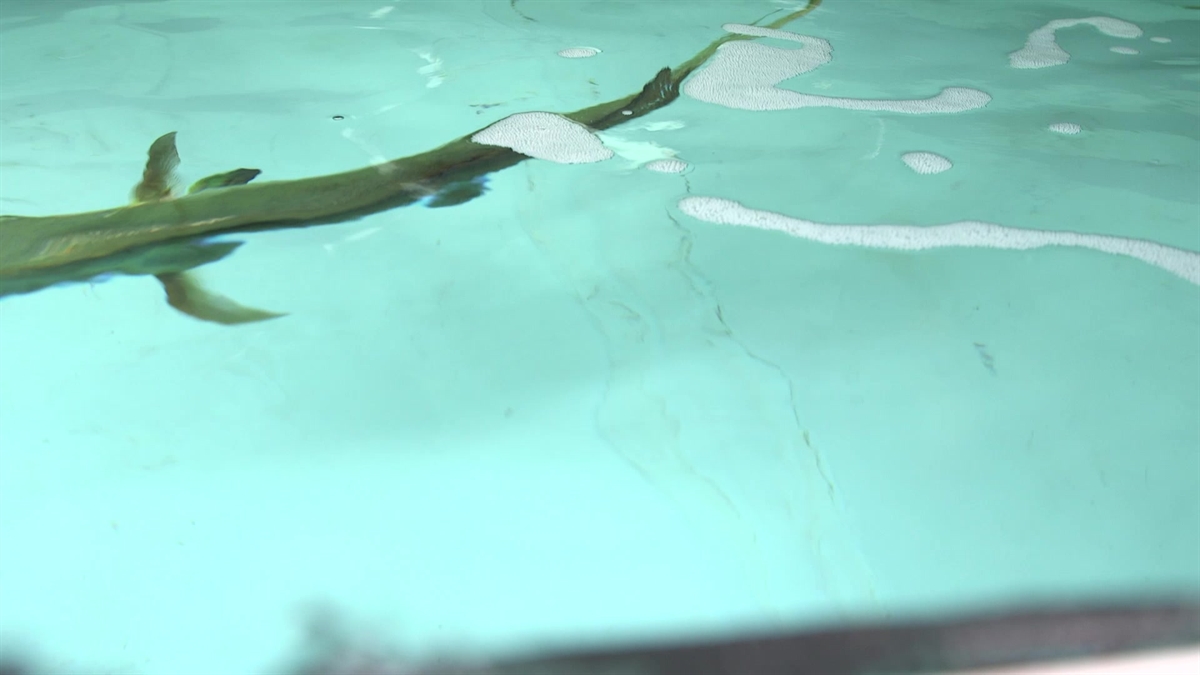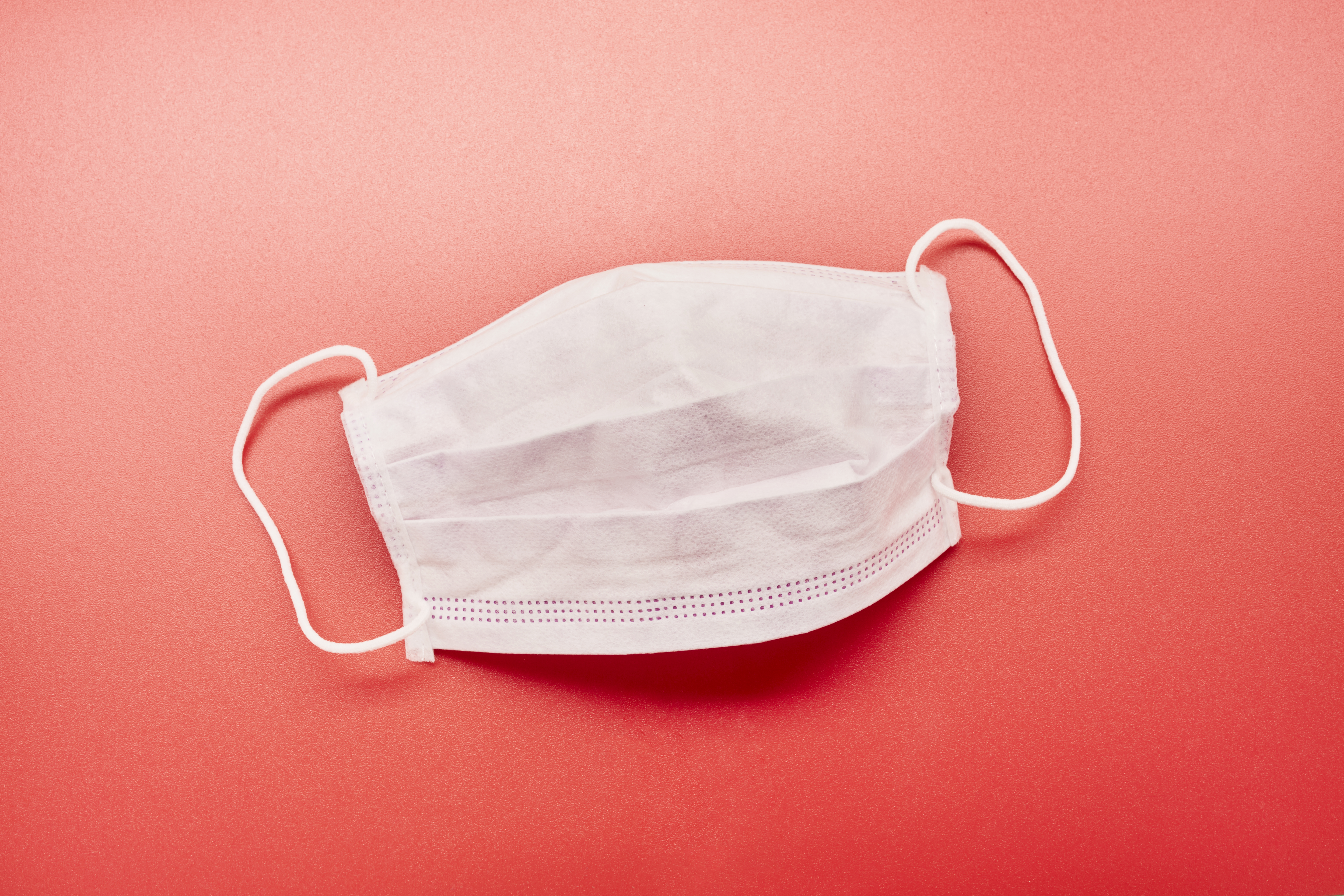The coronavirus has pushed the pause button on industries around the world ultimately improving air quality, but with more people staying at home, running the dishwasher more and doing extra loads of laundry, what has that meant for water usage?
In India, they're seeing the Himalayan Mountains from 100 miles away that they haven't seen for decades. Since March, Los Angeles has had its longest stretch of "good" air quality in 25 years. In the Northeast, air pollution has dropped 30% since coronavirus halted daily lives. Air quality has improved as pollution has decreased.
As for water usage, the opposite holds true.
“In terms of water, we know that as we stay at home, some of us are using more and more water. We’re washing more, we're doing more dishes and laundry. Our residential water demand seems to be going up,” said Dr. Peter Gleick.
Gleick is a world-renowned scientist with expertise in climate change and global water issues and has been closely monitoring the added pressure on our water systems from COVID-19.
“Interestingly, our commercial and industrial water demand is going down. It may turn out that during the crisis, the total demand for water may go down," Gleick said. "That’s a temporary thing but it does suggest that there are things that we can do to improve our environment. Maybe we don't want to start up the economy in the same way. Maybe we start it up in a way that lets us have the benefits of a healthy economy but also the benefits of a healthy environment."
The health of our environment affects industries across the board. One likely to be hit hard in the future is agriculture.
“We know that the demand for water is going up as temperatures go up. The vast majority of our water goes to agriculture to grow the food that we need," Gleick said. "There is going to be more and more pressure on agriculture as demand for water goes up as shortages get worse and worse.”
Increased flooding, changes to crop viability, new pests and even new pathogens are all things farmers will contend with because of a changing climate. In a worst case scenario, food prices could soar and food insecurity could increase. Just as with the coronavirus crisis, the ripple effect of climate change is clear.
“The science is clear: the science is unambiguous. Politics has made it difficult to respond to science," Gleick said. "We know that we are underinvesting in our water systems. Maybe one of the positives of this will be as we learn that we have to spend more money for certain things that we ought to be investing more in our basic infrastructure, water infrastructure, energy infrastructure, and our schools. “
The World Health Organization estimates that half of the world's population could be living in water-stressed areas by 2025. With 70% of fresh water being used for agriculture and more than half of it being wasted due to inefficient systems, scientists stress the need for improvements to these systems along with environmental improvements across the board.



